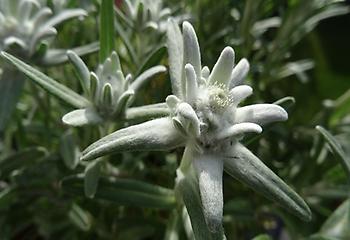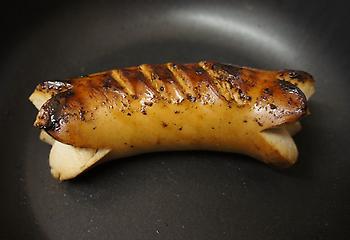Switzerland#
In addition to being the birthplace of the Red Cross, Switzerland is home to numerous international organizations, including the second largest UN office.
Zürich and Geneva have each been ranked among the top cities with the highest quality of life in the world (the former coming second globally according to Mercer).
The establishment of the Swiss Confederation is traditionally dated to 1 August 1291, which is celebrated annually as the Swiss National Day. The country has a long history of armed neutrality—it has not been in a state of war internationally since 1815—and did not join the United Nations until 2002.
- Switzerland is a land locked country.
- Switzerland has largest boundary with Italy which is approximately 740 km .
- Switzerland has shortest boundary with Liechtenstein which is approximately 41 km .
- The largest river in Switzerland is Rhine which is 1230 km.
- The largest export partner of Switzerland is Germany.
- The largest import partner of Switzerland is Germany.
- There are 5 seaports in Switzerland.
Surprising facts about Nobel Prize winners#
Switzerland has a person (Jean Henry) born in Switzerland to obtain Nobel Prize winner for category peace in first year of Nobel Prizes 1901.National Facts of Switzerland#
- Edelweiss is the national flower of Switzerland
- Cervelat,Fondue, Rösti are the favourite dishes in Switzerland.

Edel weise
Foto source: PixaBay
Foto source: PixaBay
References#
- Text marked as italic is taken from https://en.wikipedia.org/wiki/Switzerland unter CC
